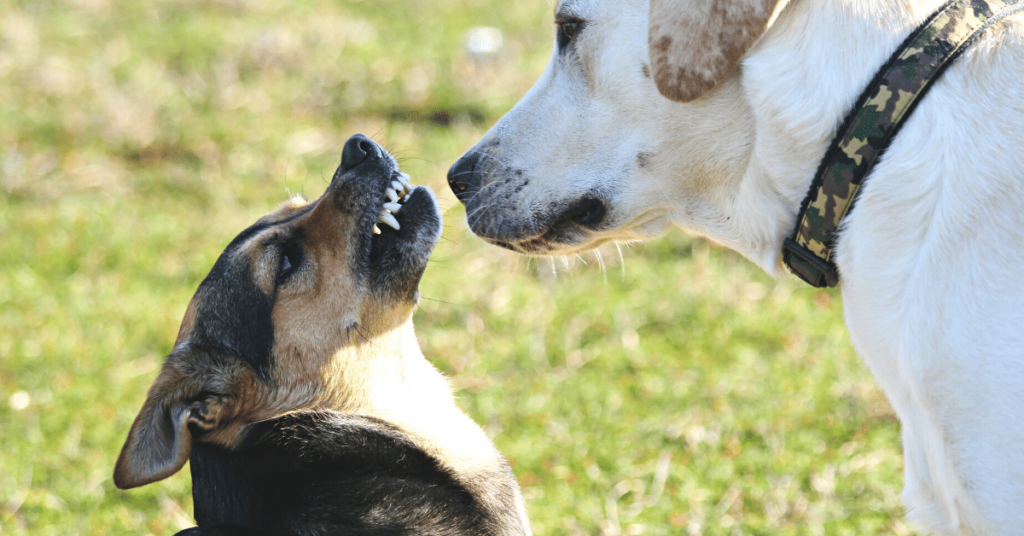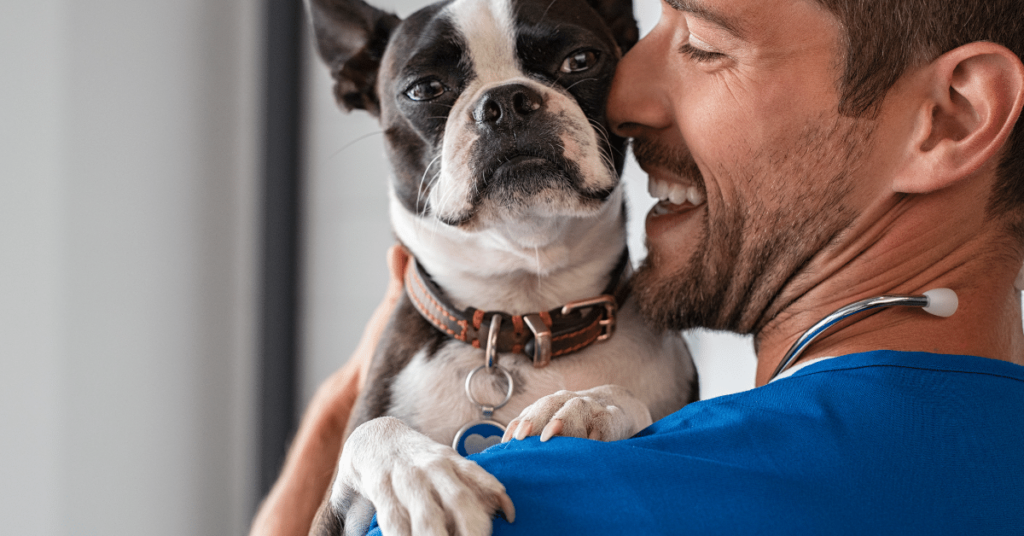Introduction
Maintaining a healthy weight is crucial for our pets’ overall well-being. Just like humans, overweight pets can face various health issues, including diabetes, joint problems, and decreased life expectancy. By adopting effective weight management techniques, we can ensure our furry friends live a happy and healthy life. In this article, we will delve into the importance of pet weight management and explore the steps you can take to maintain a healthy body condition for your beloved companion.
Understanding Pet Obesity
The Growing Concern
Obesity among pets is a significant problem worldwide. According to the Association for Pet Obesity Prevention, around 56% of dogs and 60% of cats in the United States are classified as overweight or obese. These staggering numbers highlight the urgent need for pet owners to take proactive measures to combat this issue.
The Dangers of Obesity
Carrying excess weight can have severe consequences for our furry friends. Some of the risks associated with obesity in pets include:
- Joint problems and arthritis
- Diabetes
- Heart disease
- Respiratory issues
- Decreased mobility
- Increased surgical and anesthetic risks
- Reduced lifespan
Effective Pet Weight Management Techniques
Balanced Diet
A proper diet plays a critical role in maintaining a healthy body condition for your pet. Consult with your veterinarian to determine the appropriate type and amount of food based on your pet’s age, breed, and activity level. Opt for high-quality pet food that is specifically designed for weight management. These formulas are typically lower in calories and fat, providing essential nutrients without the excessive energy.
Avoid feeding your pet table scraps and treats excessively. Although it can be tempting to share our meals with our furry companions, human food is often calorie-dense and not suitable for their dietary requirements. Instead, offer healthy alternatives like carrots or apple slices as occasional treats.
Portion Control
Controlling portions is crucial to maintain a healthy weight for your pet. Follow the feeding guidelines provided by the pet food manufacturer and measure your pet’s meals using a designated measuring cup. Avoid free-feeding, as it can lead to overeating. Split their daily allowance into multiple smaller meals throughout the day to help them feel satisfied without excess calorie intake.
It is important to note that each pet is unique, and their dietary needs may vary. Regularly monitor their weight and adjust their portions accordingly under the guidance of your veterinarian.
Regular Exercise
Exercise is essential for pets to burn calories, maintain muscle tone, and improve their overall well-being. Engage in daily physical activities with your pet, such as brisk walks, playtime, or interactive toys. The duration and intensity of exercise depend on your pet’s age, breed, and health condition. Consult your veterinarian to develop an exercise plan tailored to your pet’s specific needs.
Vet Check-ups
Regular veterinary check-ups are vital for monitoring your pet’s weight and overall health. During these visits, your veterinarian can assess your pet’s body condition score, provide guidance on diet and exercise, and address any concerns you may have. They can also detect any underlying health issues that may contribute to weight gain or hinder weight loss.
Behavioral Modification
Some pets may overeat due to behavioral issues or boredom. If your pet exhibits signs of excessive eating, consult with a professional animal behaviorist. They can help identify the root cause of the behavior and provide guidance on implementing appropriate training and environmental enrichment strategies to curb overeating habits.
Summary
Maintaining a healthy body condition for our pets is of utmost importance. By following effective weight management techniques such as providing a balanced diet, controlling portions, regular exercise, and veterinary check-ups, we can help our furry companions lead a healthy and happy life. Be attentive to your pet’s needs, consult your veterinarian for guidance, and make the necessary adjustments to ensure they maintain an ideal weight. Remember, a little effort in managing their weight can go a long way in enhancing their overall quality of life.







